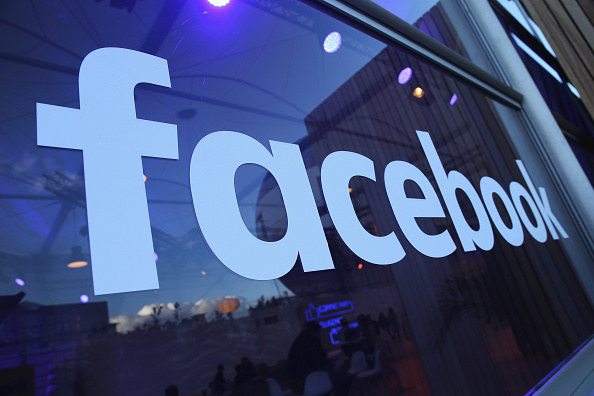Proposed bipartisan legislation to modernize U.S. antitrust law and enforcement standards for the 21st century digital marketplace calls for a fact-driven comparison of Big-Tech’s unchecked power relative to Big Government’s Constitutionally limited power.
Big-Tech has proven its monopoly and cartel power can be more powerful than Big Government.
Big Government’s Constitutional limits denied two impeachment attempts to remove President Trump from office and to prevent his ability to run again. In mid-January, Big Tech collusively cancelled President Trump, his eighty million online followers, and his right-of-center, competitive social media alternatives – with impunity.
When unchecked by antitrust law, Big-Tech monopoly gatekeepers together are dominant enough to determine what Americans see and say online. This means in 21st century America, there no longer is a real competitive marketplace for ideas, and no longer are public squares open to all political voices.
The political reality of Big-Tech monopoly intermediaries is that the public and politicians must go through, and trust, Big-Tech to not interfere with them, and to not dictate political discourse or outcomes. The most respected research on this problem, Dr. Robert Epstein’s seminal research on Big-Tech manipulation, shows how unmonitored Big-Tech has the power to manipulate elections.
Now compare the power of Big-Tech – Google, Facebook, Amazon, and Apple – to the power of Big Government, using standard public market and government statistics.
Big-Tech’s current ~$6.5T in market capitalization value is more economic value than the annual GDP of every single country except for the U.S. and China. If Big-Tech were a country, its collective revenues of $1.035T would rank as the world’s 17th largest economy, and its collective cash hoard of $342b alone would rank as the 40th biggest economy.
Compare how big Big-Tech is relative to the U.S. Federal Government.
Big Tech’s 2020 annual revenues are more than the U.S. Government’s 2021 annual budget for all discretionary domestic spending. Big Tech’s annual operating cash flow of $280b could annually fund a military budget that is: larger than #2 China’s; comparable to the EU’s; and about 40% of America’s.
Compare Big Tech’s growth rate to America’s and to U.S. Big Business’.
According to Fortune 500 data and US BEA statistics, from 2012-2020, Amazon, Google, and Facebook together outgrew USGDP by +1,480% (15x) and outgrew the revenue production of Big Business, the other 497 Fortune 500 companies, by 4,497% (45x). This results when the FTC does not enforce antitrust law for Google and Big-Tech for a decade.
Consider the many other ways Big-Tech has the unfettered monopoly power to do things to others against their will, their rights, and their well-being, that Big Government cannot do.
Anticompetitively, Big-Tech can unilaterally intermediate all of everyone’s online data and interactions opaquely with impunity.
Big-Tech monopoly power can meddle unfettered in other companies’ businesses without their permission, knowledge, or recourse.
That means they anticompetitively can interrupt competition, free market forces, and economic value creation; interfere with competitors’ direct-to-consumer relationships, branding, marketing, selling, customer service, and delivery; interject into others’ business models discriminatory ranking, self-preferencing, and arbitrary rules, fees, and terms; intercept and profit from competitors’ inside information, trade secrets, confidential business information, and proprietary data; and interdict and cancel potential competitors before they become a real competitive threat.
Politically and economically, only Big-Tech monopolies can unilaterally and collusively control what every American sees, says, shares, buys, and sells online.
Practically, Big-Tech are America’s digital gatekeepers that everyone, including the U.S. Government, must go through, depend upon, and be surveilled by, for everything, everywhere for life, work, and play.
In sum, the evidence indicates Big Tech defenders are underestimating how powerful Big-Tech is and ignoring that unchecked Big-Tech monopolies have more power to take away Americans freedoms than Big Government, because the USG is limited by the Constitution, and its separation of powers, Bill of Rights, rule-of-law, and due process, that do not limit Big-Tech’s exercise of its monopoly power.
Never forget, unlimited power in any form is tyranny that freedom-loving people should always fear.











